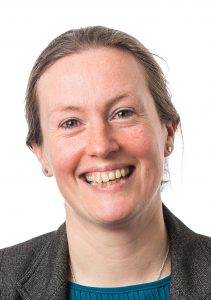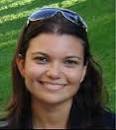Enhancing the dialogue between the fields of neuroscience and coaching psychology
Perspectives and challenges for the study of brain responses to coaching: Enhancing the dialogue between the fields of neuroscience and coaching psychology
Article: The interest in coaching psychology and neuroscience have been steadily increasing over the past 15 years. However, the two fields have not yet established consistent dialogues underpinned by experimental research. This paper highlights the importance of such dialogue for the growth of evidence-based coaching and how coaching psychology could benefit from previous neuroimaging and electroencephalographic studies in the field of psychotherapy and task-specific brain functioning to design research protocols that could significantly contribute to our understanding of how coaching works at the brain level and how coachees could best achieve results.
 successful rowing coach with wins at national and international level. She regularly speaks at conferences and universities as a specialist lecturer or guest speaker and is a contributing author to a number of business books including the Association for Coaching’s Psychometrics in Coaching and Leadership Coaching.
successful rowing coach with wins at national and international level. She regularly speaks at conferences and universities as a specialist lecturer or guest speaker and is a contributing author to a number of business books including the Association for Coaching’s Psychometrics in Coaching and Leadership Coaching.